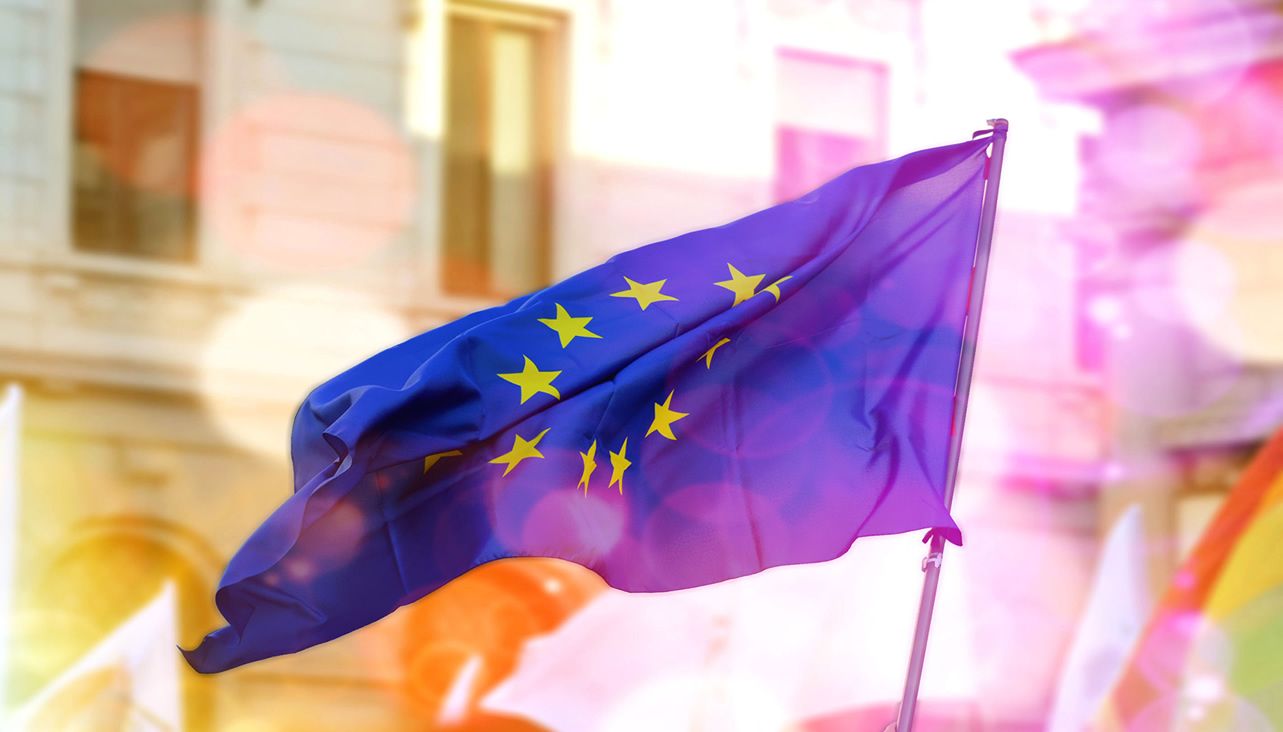Euro Softer as Fall in Core Inflation Lowers Odds of September Rate Hike
- Written by: Gary Howes

Image © Adobe Stock
Eurozone headline inflation beat expectations in August but a fall in core inflation should keep the European Central Bank (ECB) on the sidelines in September say analysts.
The Euro softened in the minutes following news from Eurostat that core CPI inflation - a closely watched gauge at the ECB - fell to 5.3% year-on-year in August, down from 5.5% in July.
"Today’s falling core eurozone inflation print has seen markets move the dial more firmly towards an ECB pause at its September meeting. Traders had been reluctant to fully price in one last increase with the implied probability stuck around 50% over the last few weeks. These bets moved lower to roughly a one in three chance after the data, with the euro making new lows for the day," says Jamie Dutta, Market Analyst at Vantage.
Following the data release the Euro to Dollar exchange rate fell extended its daily loss to half a percent at 1.0876, and the Euro to Pound rate fell 0.20% to 0.8568.
Compare Currency Exchange Rates
Find out how much you could save on your international transfer
Estimated saving compared to high street banks:
£2,500.00
Free • No obligation • Takes 2 minutes
Although core inflation fell, Eurostat reported the Eurozone's inflation rose 0.6% month-on-month in August, a sharp increase on July's -0.1% and exceeding expectations for 0.4% growth.
Year-on-year the figure stood unchanged at 5.3%, but above expectations for 5.1%.
"While the headline inflation rate stayed unchanged from the July reading and printed higher than expected, the core rate is key for policymakers. This strips out volatile food and energy costs and fell in line with estimates, further away from its February peak at 5.7%. Goods disinflation continues while services likely peaked," explains Dutta.
However, sub-components of the data release point to the need for further hikes and September could yet see the ECB spring a surprise as a result.
"Core service price inflation dropped marginally to 5.4% y/y and proves too stubborn for the ECB's liking. This is probably the component in the flash release that is most closely connected with the labour markets and thus continues to point in the direction of a too tight labour market," says Anders Svendsen, an economist at Nordea Markets.
Eurostat also reported that in July 2023, the euro area seasonally-adjusted unemployment rate was 6.4%, stable compared with June 2023 and down from 6.7% in July 2022. The EU unemployment rate was 5.9% in July 2023, also stable compared with June 2023 and down from 6.1% in July 2022.
The ECB's September 14 rate decision is data-dependent and today's inflation numbers were the last important data point in this regard.
"Markets have an open mind to the outcome with pricing swinging between a 60/40 and a 40/60 probability of a rate hike vs unchanged rates," says Svendsen.
The Nordea economist notes, however, that after today's inflation print, market pricing for the September ECB meeting has moved further towards unchanged rates with investors now pricing around a 2/3 probability rates stay on hold.
"On the margin core services price inflation remains stubbornly high and keeps the risk of a rate hike alive. However, we stick to the view that the ECB is most likely done hiking," says Svendsen.
"The region’s inflation prints are still more than two times the ECB’s official target. That means we may hear from the ECB hawks in the run-up to the central bank meeting in a couple of weeks’ time. The latest PMI surveys point to a period of incoming stagnation which implies the window to any rate hike is closing fast," says Dutta.
Bert Colijn, Senior Economist for the Eurozone at ING says inflation in the eurozone did not fall in August, which could tip the ECB in favour of a final 25bp hike at the governing council meeting in two weeks' time.
"Still, overall inflation dynamics remain relatively benign, and we still expect inflation to trend much lower at the end of the year," he adds.
But, "given the ECB mantra over recent months that doing too little is worse than doing too much in terms of hikes," ING still expects another 25 basis point rate rise, despite this being a close call.
The ECB meeting is therefore likely to be an interesting one given the uncertainty as to whether another hike will be delivered, ensuring this will be the dominant event on the calendar for euro exchange rates in September.
Compare Currency Exchange Rates
Find out how much you could save on your international transfer
Estimated saving compared to high street banks:
£2,500.00
Free • No obligation • Takes 2 minutes





